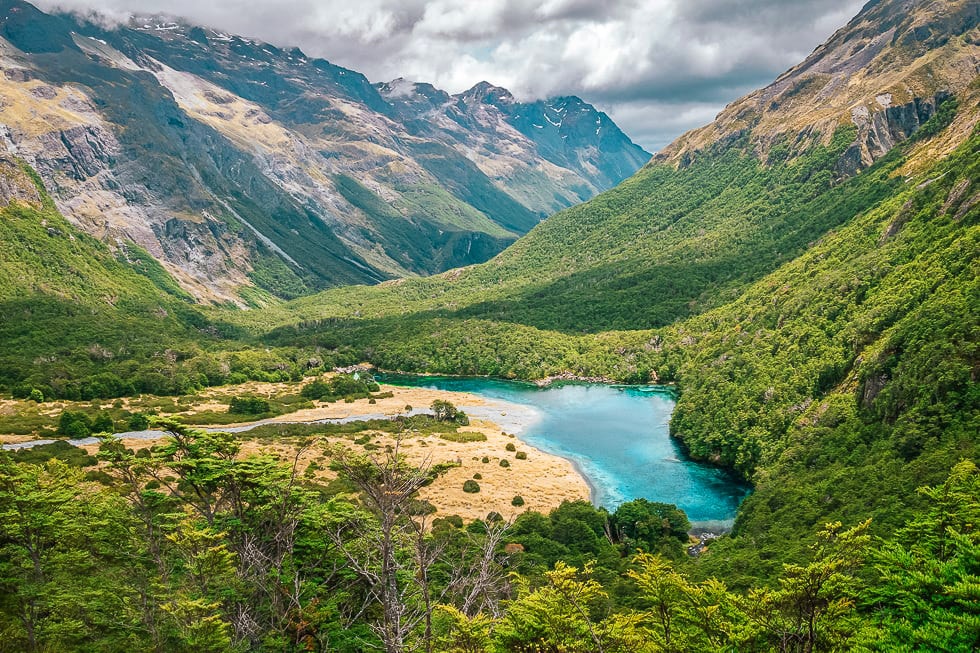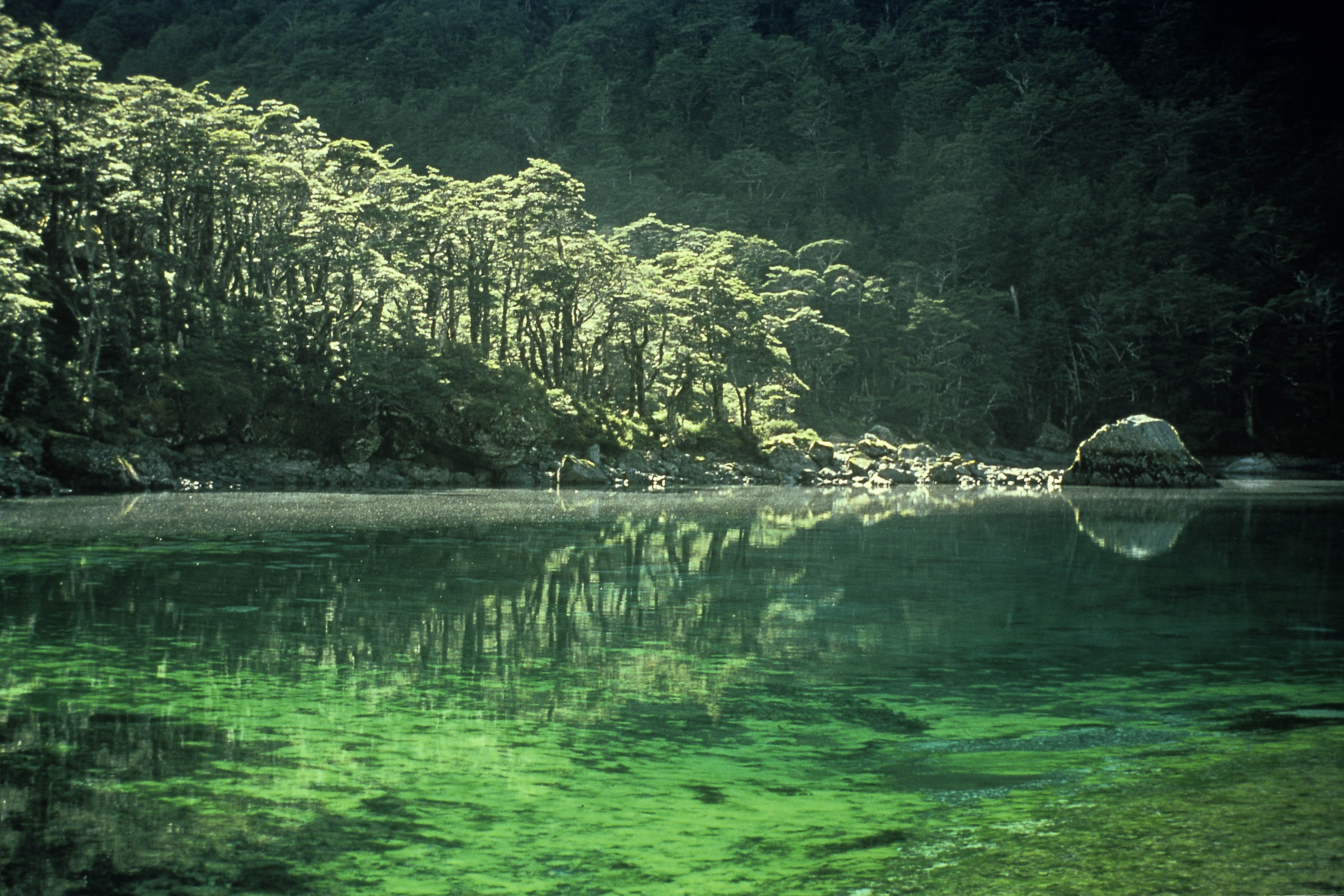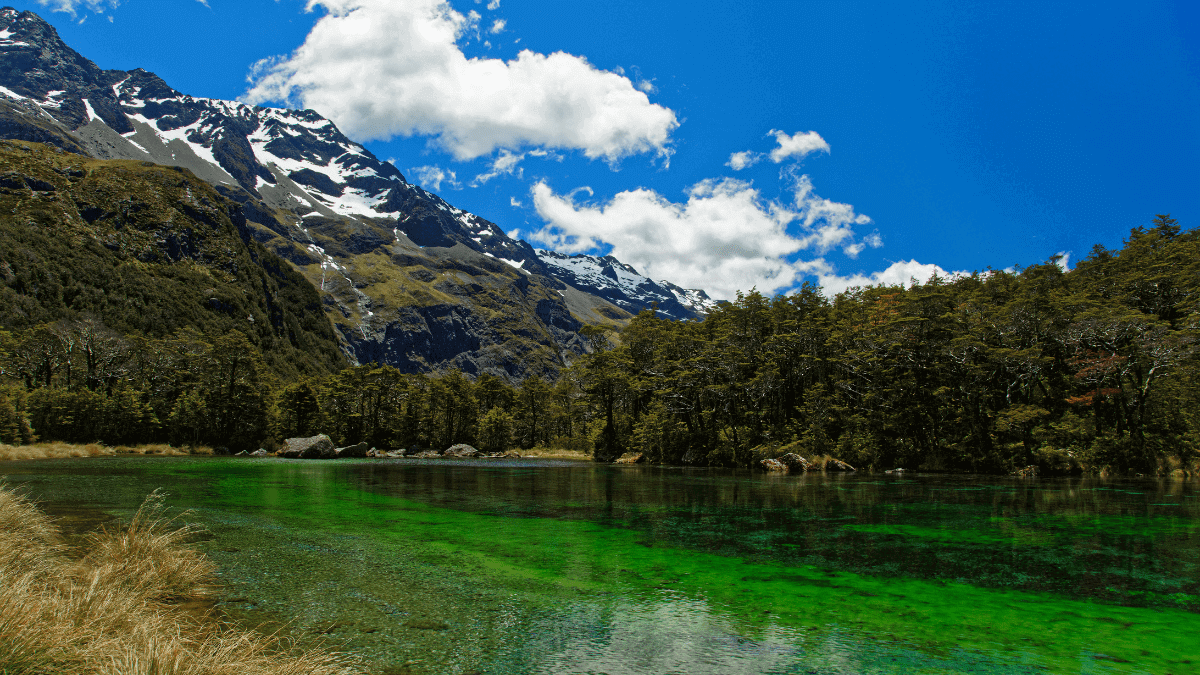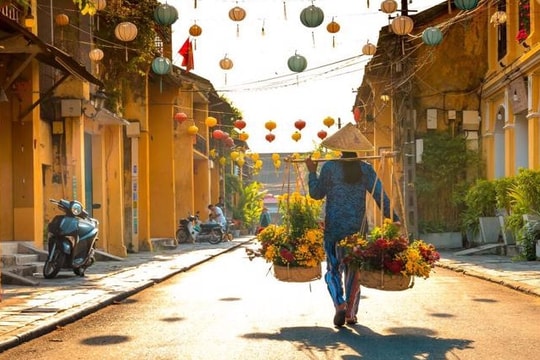The mystery of the freshwater lake as clear as distilled water, the purest in the world
Rotomairewhenua, also known as Blue Lake or Green Lake located in Nelson Lakes National Park in New Zealand, is recognized as the cleanest freshwater lake in the world.

In 2011, the New Zealand National Institute of Water and Atmospheric Research (NIWA) conducted scientific tests and found that Blue Lake is the clearest natural lake among the freshwater sources known to man.

According to NIWA research, visibility in the lake is up to 80 meters, which means the water in Blue Lake can be considered as "clear" as distilled water. This lake has a characteristic blue-purple hue that only exists in clear natural waters. Further testing has shown that Blue Lake is also clearer than most seawater on Earth, except for some areas of the South Pacific around Tahiti and Easter Island.
Blue Lake is located at an altitude of 1,200m above sea level, so the water in the lake is always cold at 5 - 8 degrees Celsius. For hundreds of years, Ngati Apa ki te Ra To - an indigenous Maori tribe, considered it one of the sacred lakes with the name Rotomairewhenua, or lake of peaceful lands.

Traditionally, Maori used the waters of Green Lake to wash the bones of deceased men. Women’s bones were cleaned in nearby Lake Constance. Ceremonies sent the souls to the afterlife on the journey from Green Lake, along a sacred path, to Farewell Headland. The remains were eventually interred in the Sabine Valley.

Kiley Nepia, cultural manager for the South Island Maori people, said he felt a spiritual connection to the Blue Lake when he first visited. "I really understood why our ancestors chose that lake for their ceremonies. When you go there, you get a real sense of serenity. Like baptismal water, or church water, these are holy waters for the Ngati Apa ki te Ra To people," Nepia said.

Visibility in the lake is 81.4 metres at its deepest point, and is consistently around 70-80 metres. "I don't think there's much difference between the water in the Blue Lake and fresh water," said NIWA scientist Dr Rob Davies-Colley. "And if there's any water that's clearer, it's probably just a little bit clearer."
Why the Blue Lake water is so clear is a mystery. The water comes from Lake Constance via an underground river and falls from springs about 35 meters above the Blue Lake. However, Lake Constance at 1,335 meters is not nearly as clear.

As a result, the water between the two lakes must undergo a natural underground filtration process. Scientists believe the water passes through glacial gravel from the last ice age (about 12,000 years ago) and debris from landslides. These layers of material act as a sieve for particles and organic matter in the water. Blue Lake also has a self-protective mechanism by draining its waters every three days, meaning any nutrients or pollution are washed away.

Visitor numbers to Blue Lake have been steadily increasing since the NIWA study was published in 2011. It takes at least two days to get to Blue Lake, following the 80km Travers-Sabine Trail, which takes visitors through quiet forest between 2,000m peaks. If you don’t want to walk, you can view Blue Lake from a Reid Helicopters Nelson helicopter in the national park.



.png)
.jpg)





